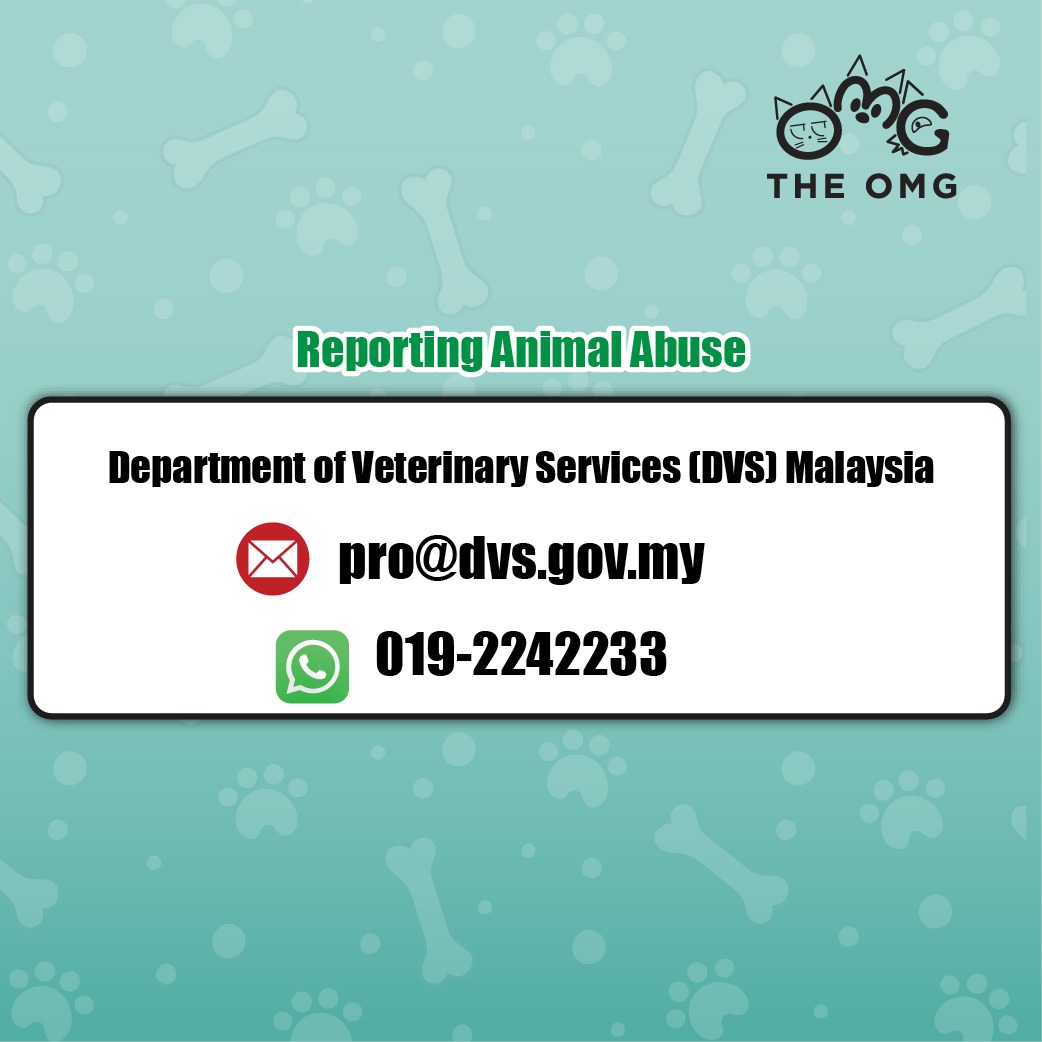In the verdant landscape of Malaysia, home to a stunning tapestry of flora and fauna, the shadows of animal cruelty lurk like a malignant undercurrent, threatening the innocent creatures who share this land with us. Understanding how to report animal cruelty is not only a civic duty but also a vital lifeline for these vulnerable beings. It is imperative to navigate the complex web of legal steps and reporting hotlines, ensuring that justice prevails where it is needed most.
Animal cruelty is an insidious issue that manifests in various forms, ranging from neglect to deliberate harm. Whether it is found within the confines of a domestic setting or on the streets where strays roam, taking the first steps to report such cruelty can feel daunting. However, knowing the correct procedures and whom to contact transforms the overwhelming burden into a manageable action.
The legal framework protecting animals in Malaysia is enshrined in the Animal Welfare Act 2015. This pivotal legislation delineates what constitutes animal cruelty and outlines the repercussions for those who inflict pain upon these defenseless beings. Within this act, the definition of animal cruelty extends beyond physical abuse; it encompasses neglect, causing fear, and anything that compromises an animal’s health and well-being.
To embark on the journey of reporting animal cruelty, one must first gather substantial evidence. Picture this: Like a detective sifting through a complex riddle, the evidence you collect will serve as the key to untangling the unfortunate fate of the suffering animal. This evidence can be as straightforward as photographs, videos, or a detailed description of the incident. Observing the condition of the animal, how it is treated, and any witnesses present can significantly bolster your case.
Once you have amassed sufficient evidence, the next step is to identify the appropriate authority to whom you can report the incident. In Malaysia, various channels exist for reporting animal cruelty. For immediate assistance, the Department of Veterinary Services (DVS) is a crucial point of contact. Established under the Ministry of Agriculture and Agro-Based Industry, the DVS is authorized to enforce the Animal Welfare Act and address reports of animal cruelty. Their contact number is easily accessible, and they are often responsive to urgent situations.
Another vital organization dedicated to animal welfare in Malaysia is the Society for the Prevention of Cruelty to Animals (SPCA). The SPCA has been at the forefront of the battle against animal cruelty, tirelessly working to rescue animals and educate the public about responsible animal ownership. They too provide a hotline where concerned citizens can report animal cruelty cases. When contacting the SPCA, detailed information about the incident will help them take swift action.
In addition to these organizations, every state in Malaysia has its own local authorities that address animal cruelty. Identifying your respective state’s authority can provide another avenue for reporting cruelty. This means that no matter where the incident occurs, there is a pathway to justice for the animal in question.
It is essential to remain persistent. The unfortunate reality is that reporting animal cruelty may not always lead to immediate action. Like a gardener sowing seeds, the process requires patience as it may take time for authorities to investigate and respond. Engaging with local animal rights advocates can bolster your efforts, as they may offer support, knowledge, or even collaborate on joint initiatives to raise awareness in your community.
For those who may feel hesitant about approaching authorities directly, there are anonymous hotlines available, including the Malaysian Animal Welfare Fund, where you can report cases confidentially. This is a significant step for those who fear retribution or feel overwhelmed by the confrontation that often accompanies such reports. Your voice matters, even when shrouded in anonymity.
As you navigate this process, acquiring knowledge about the legal rights and responsibilities surrounding animal welfare can empower you. Awareness can act as a wind against which the winged creatures of injustice cannot fly. Understanding your role in this ecosystem of advocacy ensures that the chorus for animal rights grows louder and becomes impossible to ignore.
Moreover, it is vital to raise awareness within your community. Utilizing social media platforms to educate others about the signs of animal cruelty and how to report them can amplify your impact. Organizing local events or campaigns not only enlightens others but fosters a community of vigilant guardians dedicated to animal welfare.
As we traverse the complicated landscape of animal advocacy, it is crucial to be aware of the fatigue this work can create. Advocacy is not a sprint; it is a marathon. Acknowledging the victories, no matter how small, fuels the desire for holistic change. Every report made, every life saved, reverberates through the network of compassion binding all advocates together. Just as a single candle can illuminate the darkest of rooms, your efforts contribute to a brighter future for animals in Malaysia.
In conclusion, reporting animal cruelty in Malaysia is an intricate but essential process aimed at safeguarding the rights of our voiceless counterparts. By understanding the legal steps to take, effectively gathering evidence, and utilizing the appropriate reporting hotlines, individuals play an essential role in dismantling the apparatus of cruelty. Ultimately, every action taken toward ending animal suffering is a step toward a more humane society, one where both humans and animals can coexist peacefully, thriving within the embrace of empathy and respect.








